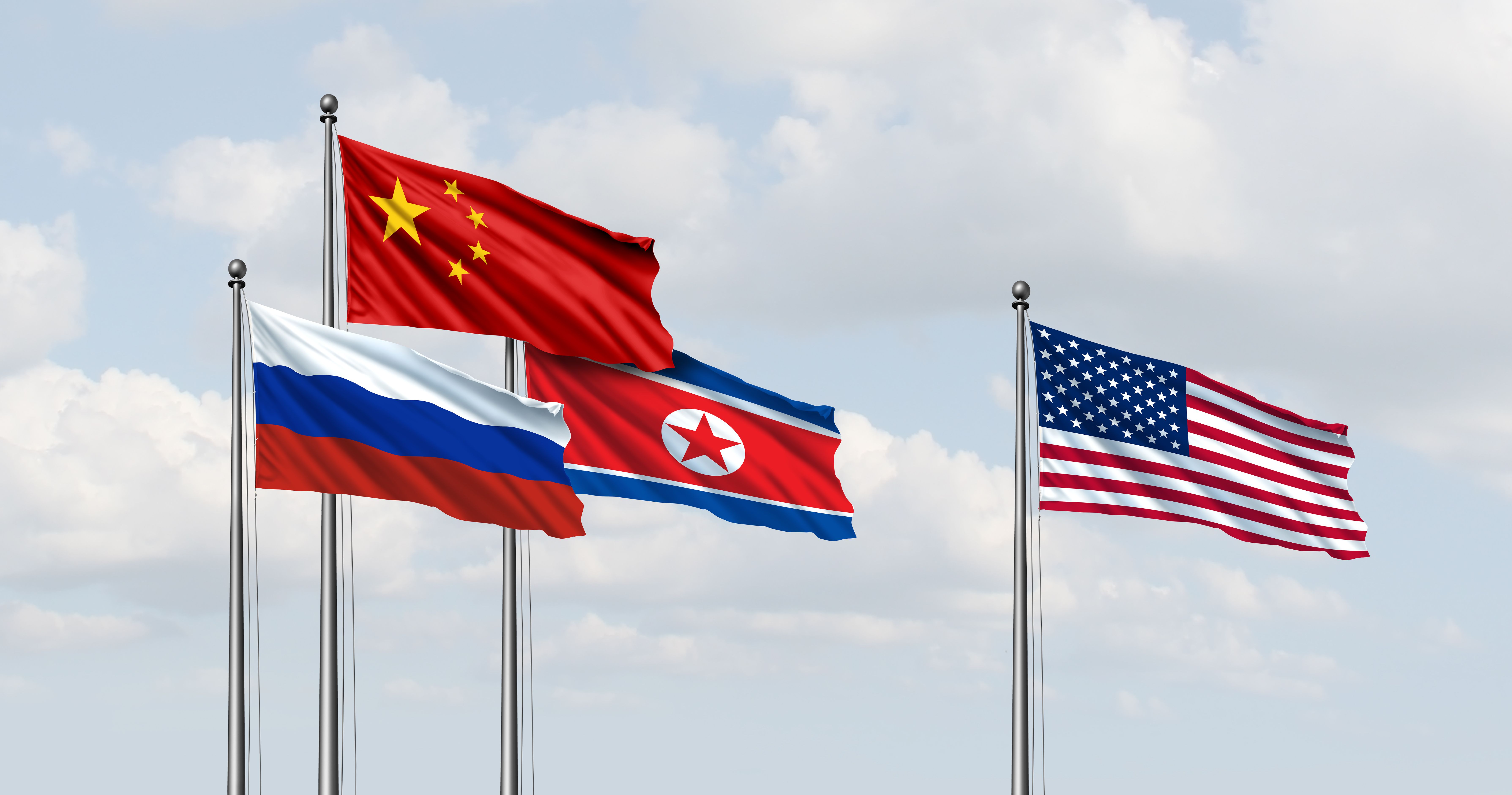Experts Analyze Russia's Political Landscape
Understanding the Complexities of Russia's Political Landscape
Russia's political landscape is a subject of immense interest and debate among experts worldwide. With its unique historical background and geopolitical influence, Russia presents a complex and multifaceted political environment. This blog post delves into various aspects of Russia's political scene, offering insights from experts who have devoted their careers to studying this influential nation.

The Historical Context
To comprehend the current political dynamics in Russia, it's essential to understand its historical context. The dissolution of the Soviet Union in 1991 marked a significant turning point, leading to profound changes in Russia's political structure. This transition from a communist regime to a more market-oriented economy was accompanied by political upheaval and reformation.
Experts often highlight the importance of the 1990s in shaping modern Russia. During this period, Russia experienced economic turmoil, political uncertainty, and a struggle for identity. These factors have significantly influenced the policies and governance strategies in place today.
Key Political Players
At the heart of Russia's political landscape are its key players, most notably President Vladimir Putin. His leadership has been a defining factor over the past two decades. Experts note that Putin's approach to governance is characterized by a focus on stability, national pride, and geopolitical influence.
Beyond Putin, the role of other political figures and parties is crucial. The United Russia party, for instance, plays a significant part in shaping legislative processes and political discourse. Understanding these dynamics is vital for anyone looking to grasp the intricacies of Russian politics.
Geopolitical Influence
Russia's geopolitical influence extends far beyond its borders. Its involvement in various international conflicts and alliances underscores its strategic importance on the global stage. Experts point to Russia's actions in regions such as Eastern Europe and the Middle East as evidence of its ongoing quest for influence and power.
- Engagement in Syrian conflict
- Annexation of Crimea
- Influence in post-Soviet states

Current Challenges and Future Prospects
Russia faces several challenges that could shape its political future. Economic sanctions, demographic changes, and technological advancements are just a few factors that experts believe will impact Russia's trajectory. Additionally, the ongoing discourse around political freedom and human rights remains a critical area of concern.
Looking forward, experts are keenly observing how Russia will navigate these challenges. The country's ability to adapt and evolve will be crucial in determining its future role in global affairs.
Conclusion
Understanding Russia's political landscape requires a comprehensive analysis of its history, key players, geopolitical influence, and current challenges. As experts continue to study this complex nation, it becomes evident that Russia's political dynamics are not only vital to its citizens but also hold significant implications for the world at large.
By examining these facets, we gain a clearer picture of Russia's place in the global community and the potential paths it may take in the years to come.